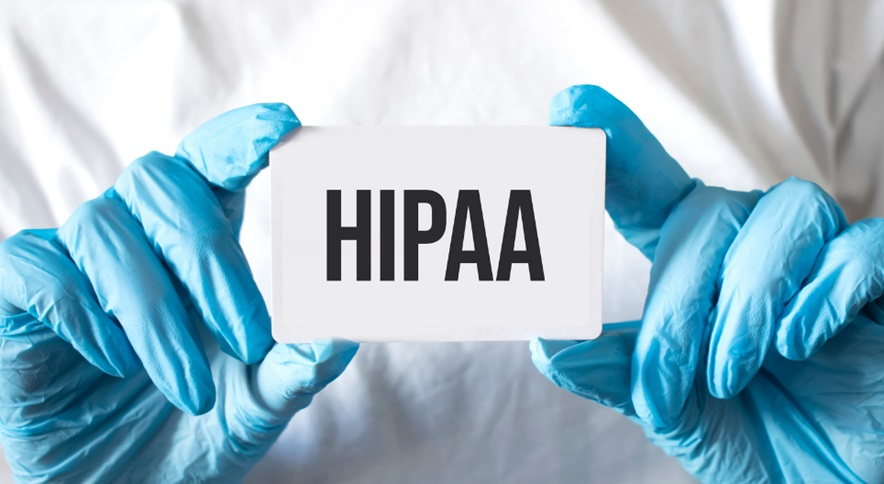In the healthcare sector, maintaining compliance with regulations is vital for protecting patient information and ensuring the trustworthy operation of healthcare systems. One such regulation, HIPAA, mandates strict guidelines for how sensitive patient data should be handled, stored, and shared. Organizations that deal with personal health information must demonstrate their commitment to compliance through effective systems, processes, and technologies. HIPAA software compliance can greatly assist in navigating these requirements by providing comprehensive tools for managing sensitive data securely. By utilizing trusted solutions, healthcare providers can focus more on patient care while minimizing the risk of data breaches and penalties.
- Streamlined Data Management
Understanding the importance of HIPAA compliance in healthcare software is essential for healthcare organizations to protect their patients’ sensitive information. HIPAA software offers a centralized platform to manage all sensitive data, including patient records, billing information, and insurance details. With robust encryption methods and secure storage options, healthcare providers can ensure that their data is adequately protected and accessible only to authorized personnel. This centralized approach simplifies data management, eliminating the need to juggle multiple systems and processes.
- Automated Risk Assessments
HIPAA regulations require regular risk assessments to identify potential vulnerabilities in a healthcare organization’s IT infrastructure and processes. HIPAA software compliance tools offer automated risk assessment capabilities, reducing the burden on staff to manually conduct these assessments. These features also ensure consistency and accuracy in identifying potential risks, making it easier to prioritize and address any issues that may arise.
- Secure Communication Channels
One of the key requirements of HIPAA is the secure transmission of patient data. This includes communication between healthcare providers and patients as well as between different healthcare entities. HIPAA-compliant software provides secure channels for exchanging sensitive information, such as encrypted email or messaging services, ensuring the confidentiality and integrity of patient data. This also simplifies the process of receiving consent from patients to share their medical information with other parties involved in their care.
- Training and Education Resources
HIPAA regulations require all employees who handle protected health information to receive regular training on security awareness and compliance. HIPAA software compliance solutions often include training and education resources that provide up-to-date information on regulations, best practices, and potential risks. This helps employees stay informed on their responsibilities and ensures they are equipped with the knowledge to protect sensitive data effectively.
- Simplified Reporting
HIPAA compliance involves regular reporting on security incidents, risk assessments, and other compliance activities. With HIPAA software compliance tools, these reports can be easily generated and submitted to regulatory bodies or auditors as needed. This streamlines the process of demonstrating a healthcare organization’s compliance status, reducing the time and effort required for preparing these reports manually.
Conclusion
Investing in compliant software solutions is an essential step for healthcare organizations striving to maintain patient trust and safety. By leveraging the benefits of such tools; healthcare providers can focus on their core mission of providing high-quality care while ensuring strict adherence to regulatory requirements. For more on HIPAA compliance software, consider reading this blog post. Remember, it is always better to be proactive in compliance than to face the consequences of non-compliance. So, invest in a trusted HIPAA software compliance solution to simplify your compliance efforts and ensure the security of sensitive patient data.
Frequently Asked Questions
What is HIPAA, and why is it important?
HIPAA, or the Health Insurance Portability and Accountability Act, establishes standards for the protection of sensitive patient information, ensuring that healthcare providers handle data responsibly to protect patient privacy.
How can software assist with compliance?
Compliance software can streamline processes, enhance security, provide regulatory guidance, improve staff training, and facilitate reporting and auditing efforts, making it easier for healthcare organizations to remain compliant.




